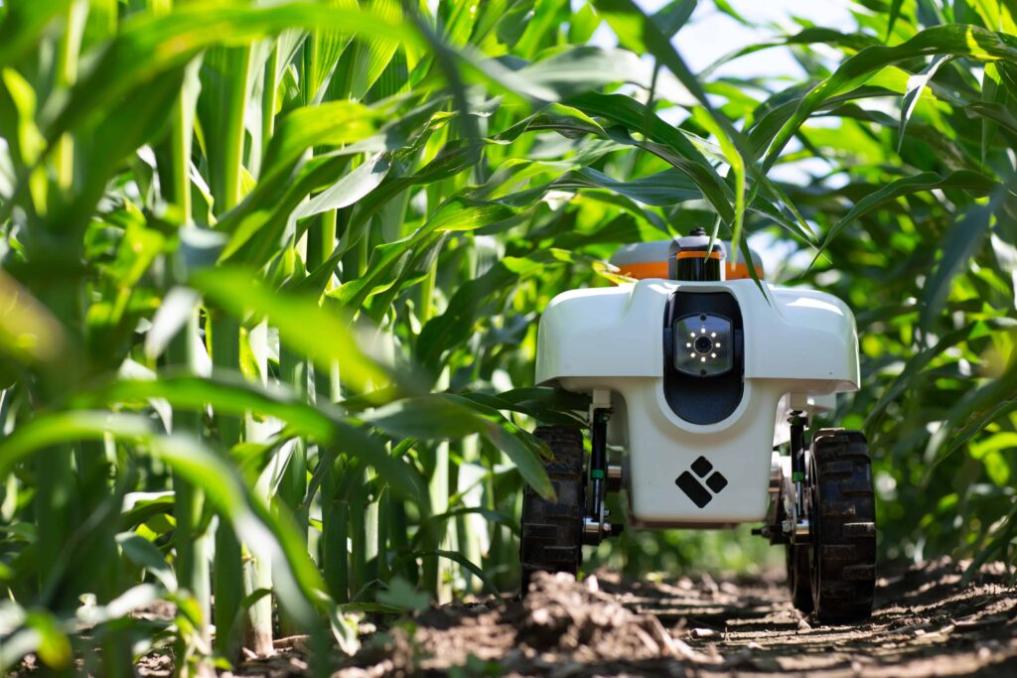AI and the Future of Food Security: Addressing Global Challenges
Food security is paramount to global stability. Despite significant advancements, challenges such as population growth, climate change, and resource depletion threaten the ability to provide adequate and nutritious food for all. However, artificial intelligence (AI) emerges as a promising solution to address these challenges and ensure a food-secure future.

AI Applications In Food Security
Crop Monitoring and Yield Optimization
- AI-powered crop monitoring systems leverage sensors, satellites, and drones to track plant health, soil conditions, and weather patterns in real-time.
- These systems provide actionable insights to optimize fertilizer usage, irrigation schedules, and pest control measures, leading to increased crop yields and reduced environmental impact.
Precision Livestock Farming
- AI-enabled sensors monitor animal health, feed intake, and environmental conditions in livestock operations.
- By analyzing this data, AI can identify early signs of disease, optimize feed rations, and improve animal welfare, resulting in increased productivity and reduced disease outbreaks.
Food Supply Chain Management
- AI-powered systems track food from farm to table, improving efficiency and reducing waste throughout the supply chain.
- These systems optimize storage conditions, predict demand, and connect surplus food with those in need, minimizing food loss and ensuring equitable distribution.
AI's Impact On Food Availability
Increased Crop Production
- AI-assisted farming practices, such as precision agriculture and crop modeling, have the potential to increase crop yields by 20-30%.
- AI can also contribute to the development of drought-resistant and disease-resistant crops, further enhancing food security in challenging environments.
Reduced Food Loss and Waste
- Globally, up to 40% of food produced is lost or wasted.
- AI can optimize storage conditions, predict demand, and connect surplus food with those in need, significantly reducing food loss and waste.
AI's Impact On Food Accessibility
Improved Food Distribution
- AI-powered algorithms optimize food distribution routes and reduce transportation costs, ensuring that food reaches consumers in a timely and cost-effective manner.
- AI can also connect farmers with markets and consumers in remote areas, improving access to fresh and nutritious food.
Affordable Food for All
- AI's potential to reduce food prices through increased efficiency and reduced waste can make food more accessible to low-income households.
- AI can also contribute to the development of low-cost and nutritious food alternatives, further enhancing food security for all.
Challenges And Considerations
Data Privacy and Security
- AI-powered food systems rely on vast amounts of data, raising concerns about data privacy and security.
- Robust data protection measures are essential to prevent unauthorized access and misuse of sensitive information.
Ethical Implications
- AI in food production and distribution raises potential ethical concerns, such as equitable access to food and the prevention of discrimination.
- Responsible and ethical implementation of AI technologies is crucial to ensure that they benefit all members of society.
AI holds immense potential to address global food security challenges. By increasing crop production, reducing food loss and waste, and improving food distribution and accessibility, AI can contribute to a more food-secure and sustainable future for all. However, responsible and ethical implementation of AI technologies is paramount to ensure that they benefit all members of society and promote equitable access to food. Collaboration and investment in AI research and development are essential to harness the full potential of AI in creating a food-secure future for generations to come.
YesNo

Leave a Reply